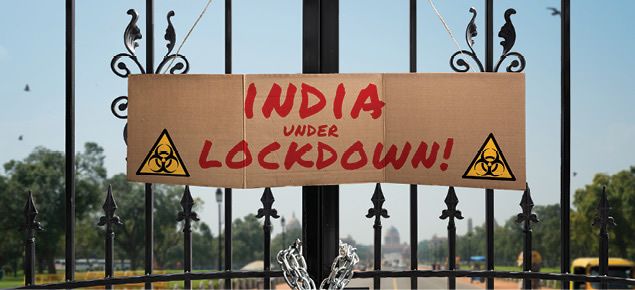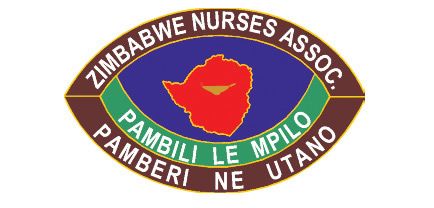
Samoan workers win minimum wage boost
Samoa First Union (SFU) was formed in 2015 by First Union New Zealand. First Union wanted to develop a union for private sector workers as the Samoan community within its membership was concerned by the exploitation and lack of representation for workers in Samoa. In 2016, Union Aid Abroad – APHEDA began supporting the project, which focuses on capacity building and developing appropriate approaches and tactics that fit within the Samoan culture.
In a country where tourism plays a major part in the economy, much of the money that is profit for the foreign owned resorts goes overseas to parent companies and is not spent within Samoa. Add to this the current COVID-19 crisis and, like other Pacific economies, Samoa is struggling with huge job losses and a debt burden to foreign governments.
As the only private sector union in Samoa, SFU has to deal with every industry in the country. Despite having dealt with two declared ‘state of emergencies’ in the last six months (a measles epidemic and the COVID-19 pandemic), the SFU has been tenacious in advocating for Samoan workers.
In January 2020, an increase to the minimum wage was legislated with a $0.70 sene increase from $2.30 to $3.00 an hour. No public sector worker receives less than $4 per hour so this increase was very important to the private sector. This, together with the work of the union to advocate for special consideration during COVID-19 for sustenance has been important to raising the interests of the lowest paid workers.
Source: Union Aid Abroad - APHEDA





































































































































